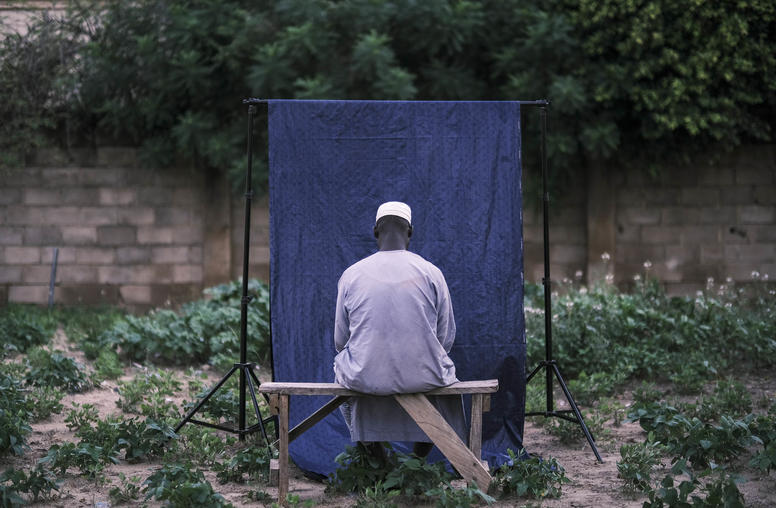Is Nigeria a Hotbed of Islamic Extremism?
Nigeria has come under increased scrutiny as a possible hotbed of international terrorists. To discuss whether this is a credible conclusion the U.S. Institute of Peace hosted a public workshop on March 15, 2010 featuring John Paden, Clarence Robinson Professor of International Studies at George Mason University, and David R. Smock, Vice President at the U.S. Institute of Peace.
The Islamic extremist and terrorist Uman Farouk Abdulmutallab is from Nigeria. As a consequence Nigeria has come under increased scrutiny as a possible hotbed of international terrorists. Is this a credible conclusion or is Abdulmutallab an aberration? What are the religious and political orientations of Nigeria’s 75 million Muslims? Should the U.S. scrutinize visa applications and airline passengers from Nigeria more carefully or is that not warranted?
To address these questions the U.S. Institute of Peace hosted a public workshop on March 15. The presenter is John Paden, Clarence Robinson Professor of International Studies at George Mason University. Paden, author of "Faith and Politics in Nigeria" and many other books, has been studying Muslims in Nigeria for more than 30 years.
Speakers
- John Paden
Professor, George Mason University - David Smock, Moderator
Vice President, U.S. Institute of Peace



